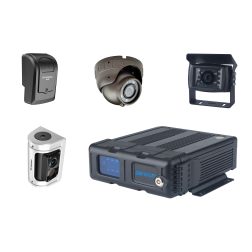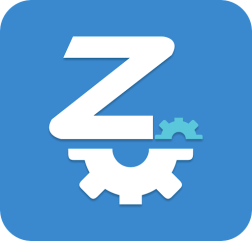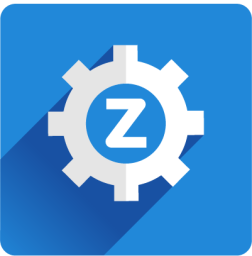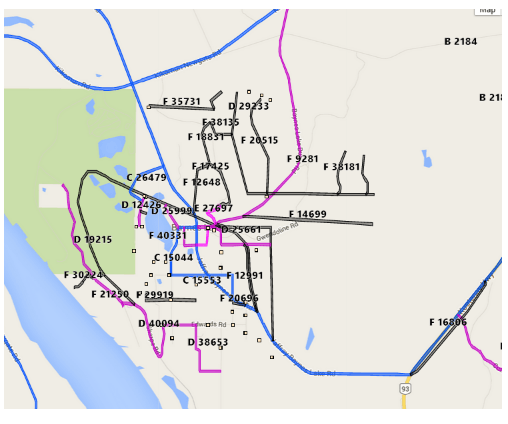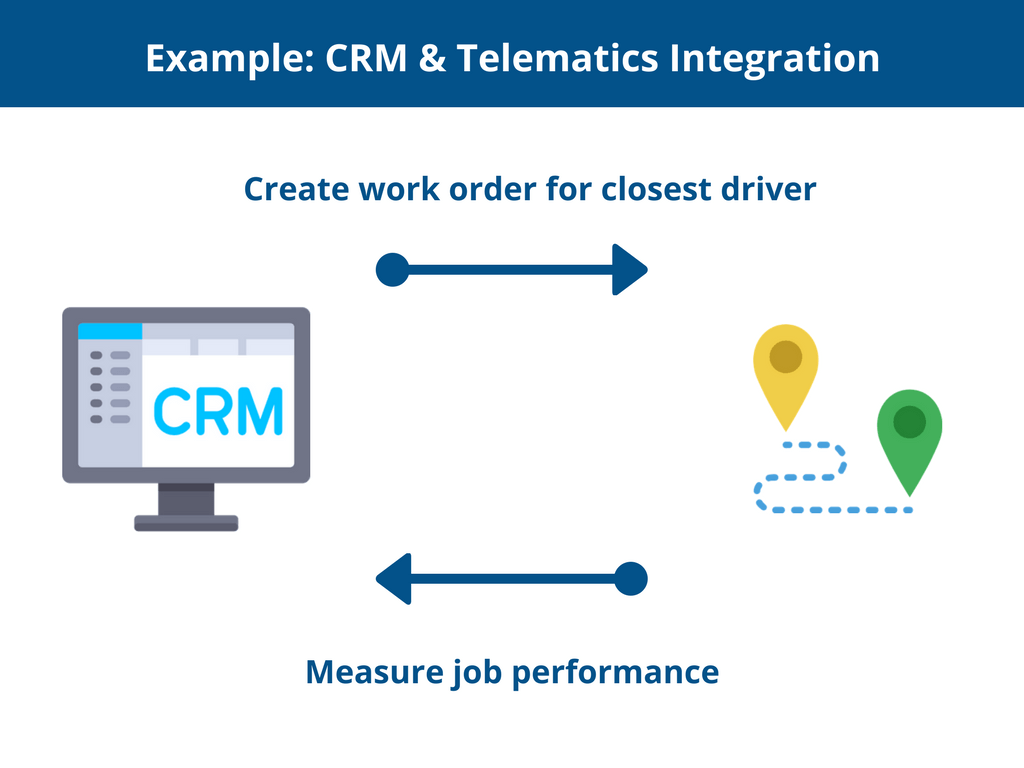Nowadays, businesses are not just looking for vehicle tracking systems – they are looking for customized vehicle tracking systems! Customized vehicle tracking systems are unique solutions that solve a business’s specific problems.
Why are customized vehicle tracking systems important?
Customization is one of the biggest success factors when starting a new program. Customized solutions mean two things. Firstly, the solution fits with the business’s needs. Secondly, the solution integrates with the business’s current software.
Here is a fun case study – unless you are a Lakers fan! – on why it’s important to customize against current needs and systems.
Case Study – The L.A. Lakers
The Los Angeles Lakers used to be one of the NBA’s best teams (sorry, L.A., but the team had better days!). For a long time, the Lakers were headlined by the great Kobe Bryant and won many championships.
In order to stay competitive, the team made changes ahead of their 2012 season. They added Steve Nash, one of the league’s legendary point guards, and Dwight Howard, one of the league’s most dominant centers. On paper, this was a championship team!
Unfortunately, the team failed miserably. They had a poor season and were easily knocked out of the playoffs.
The team failed because the new additions were not customized towards the team. The changes:
Failed to match the team’s needs. Bryant was already a ball dominant player. Both Nash and Howard wanted the ball. This resulted in a broken offensive system.
Failed to integrate to the team’s system. The new additions did not fit with the coach’s system. As a result, both Nash and Howard had decreased productivity.
Summary:
Just like what the Lakers should have done, fleets need to be aware of their business needs and their current software.
Customization with business needs
Businesses might have specific needs based on their use case and on their industry. Customized vehicle tracking systems are built to match these requirements.
Use case
Businesses have different use cases for telematics. In some businesses, their objective is to simply monitor driver location. In other businesses, their objective is more complex and require a handful of reports.
As a result, some telematics companies create customized service plans by consulting with their clients. Typically, providers would discover a client’s pain areas and then create a solution that addresses all of those areas.
Industries
In addition to use cases, some businesses have industry specific needs. Some industries have particular challenges and require a customized software plugin.
A good example is the snow plow business. They have a unique industry need – managing contract work; businesses need to track compliance with service agreements. Consequently, custom road rules should be created in the tracking program.
Customization with current software
Customized vehicle tracking systems should also integrate with a business’s current software. Integration means having everything on one smooth platform.
For example, imagine updating a load on the database. Without an integrated system, users need to log into each separate software and update the load. However, with an integrated system, users only need to make the change once on a single system.
Telematics most commonly integrates with the following two software:
Transportation Management Software
Fleets might use software such as TMW or McLeod to handle tasks such as dispatching, work orders, and accounting. An integrated telematics system helps businesses combine vehicle data with these programs.
For example, a user might combine diagnostics data from the telematics system with their parts inventory system. An integrated program can automatically order parts when the vehicle registers a fault code.
General Business Software
Other than fleet-specific software, fleets use general business software such as CRMs or accounting systems. Some telematic providers have in-house teams that integrate those software into the new vehicle tracking system.
For instance, a telecom company uses a CRM to create tasks for their technicians. After integrating telematics, they were able to use the program to locate the closest driver, assign the service, and measure the technician’s performance.


